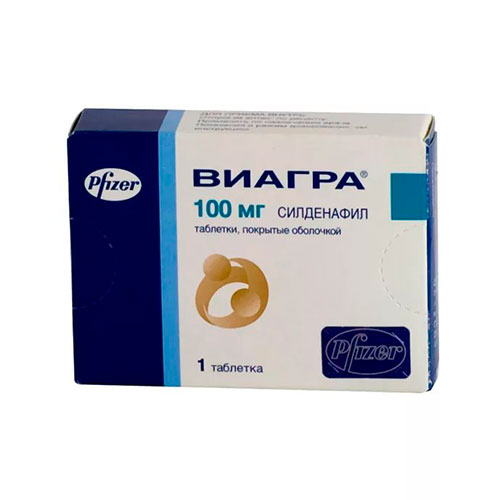Medicine management looks at and sets out standards regarding the way that виагра цена are prescribed, stored, transported and used in an attempt to protect both the medical professionals administering drugs and the patients who receive them. The standards set out in the document are the minimum standards of practice and they are expected to be used as the basis of local and national policies. The MHRA in 2004 stated that Medicine Management was ‘The clinical, cost effective and safe use of medicines to ensure that patients get the maximum benefit from the medicines they need, while minimising potential harm.’ The standards cover not only the drugs prescribed for human patients and animals but blood and blood products as well. And this applies to medication that is taken in the home as well as medication that is administered while in hospital or in other healthcare establishments.
Management of medication is also the responsibility of the individual, as medicines are essentially powerful drugs that can be extremely dangerous if they are not used correctly and in the right circumstances. It is important that you know exactly what you are taking, the dose that you need to take, how often you need to take the medicine and for how long. The active ingredient in a medicine may interact badly with other medication that you may be taking, so it is important that your doctor knows exactly what tablets you take each day whether it is vitamins, homeopathic, herbal or other prescription medication. Your doctor or pharmacist will discuss managing medicines that you take in a way to make them more effective in dealing with your problem. It is also vital that you tell the doctor if you have had a reaction to medication you have taken in the past. If you are a woman and there is a chance that you may be pregnant, the doctor needs to know as the medicine may be harmful to the foetus.
Medicine administration depends on the accuracy of the process of prescribing and dispensing. Medicine safety is a responsibility that is held jointly by several organisations, the pharmaceutical companies that develop and produce the medicine, the regulatory agencies that approve the use of the medicine, the medical practitioners who prescribe the medicine, the pharmacists that dispense the medicine and finally the patients that take the medicine or the carers that give the medicine to the patient they care for. Guidelines should be provided to cover administering medications.
Managing medication sets out to minimise the errors or the potential for errors by putting procedures in place to educate people about medicine safety and in that way ensure that medicines are managed safely when they are prescribed, dispensed and administered with minimal errors. Although many medicine errors cause no harm to the patient, it has been estimated that worldwide thousands of deaths can be attributed to medication errors which can be reduced by having a good system of medication management in place. Many of the errors involve taking a larger dose than prescribed for example taking two tablets instead of one, for example taking a second dose as the patient does not recall taking the first one, or suffering side effects from the medication. These do not cause lasting harm and advice can be obtained from the doctor or pharmacist on how to deal with these problems.

